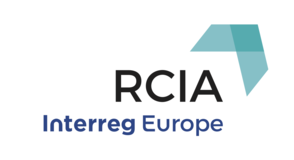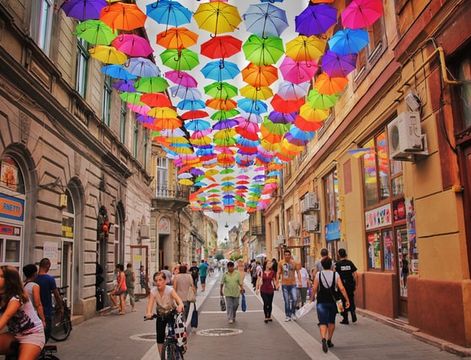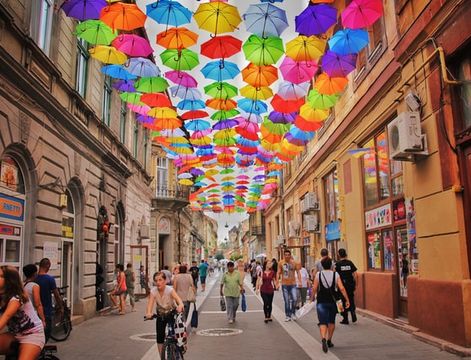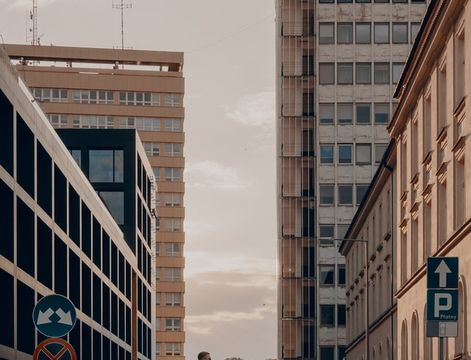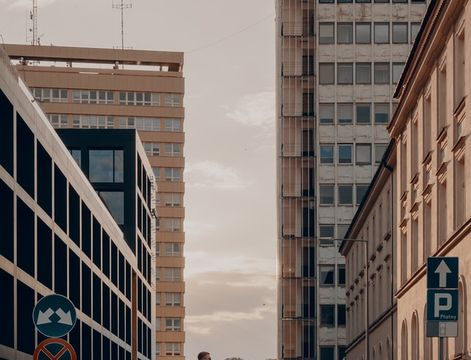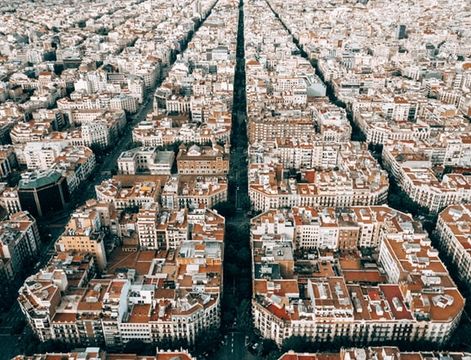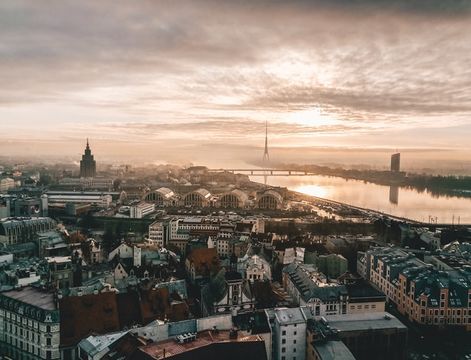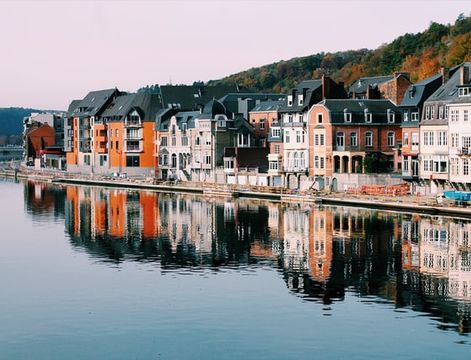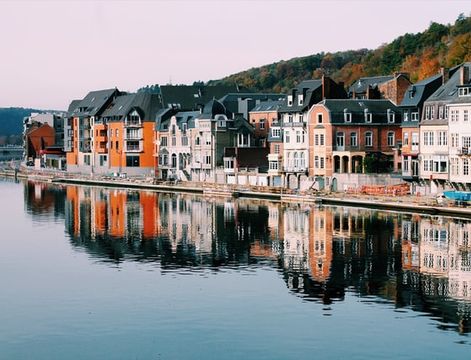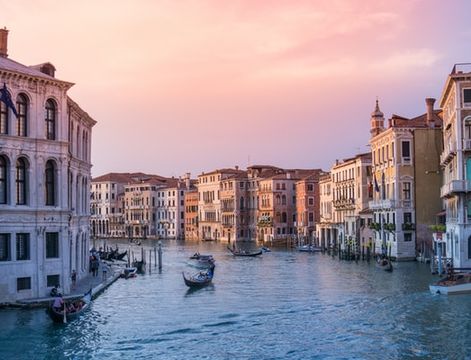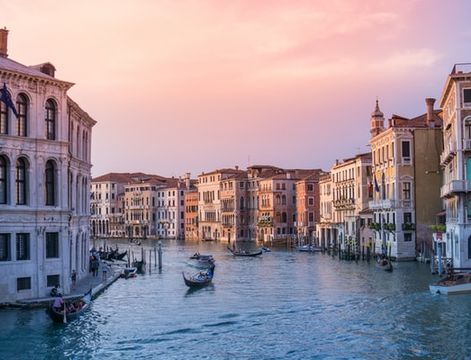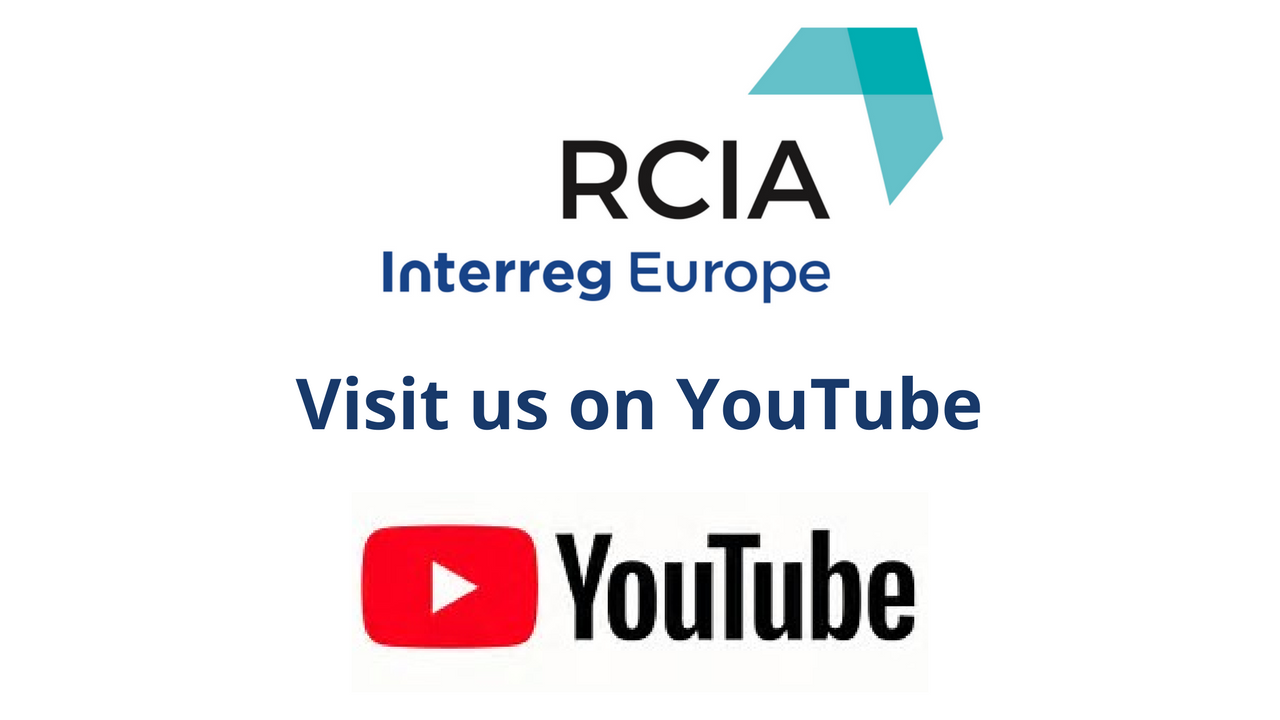Barcelona Calling – RCIA’s 4th study visit
On the 27-29th of November 2017 our Spanish project partner, Barcelona Chamber of Commerce, welcomed all the project partners and their stakeholders to their offices in the city centre of Barcelona. It was a tightly packed programme, as the meeting evoked a great interest among all the stakeholders.
The partners discussed first the progress of the project and the approach of the upcoming activities. One of the issues addressed was around the involvement of the local stakeholders in the dialogue around the shared good practices in order to make the transfer of knowledge and experience as wide and usable as possible.
RCIA works hard on bringing not only its own stakeholders and best practices in play, but also pro-actively extend the invitation to exchange and cooperate with other projects addressing similar or relevant perspectives for the overall outcome of RCIA. During the Barcelona meeting we had two other projects join us to present their activities; our colleagues from the Interreg Europe project Design4Innovation and the STARTS project.
On day two the first presentations focused on the cultural and creative industries in Catalonia and ended with a presentation from our Latvian stakeholder on their creative cluster in Liepaja. The presentations on the Catalonian tourist initiatives sparked questions on how to drive tourists not only to your region, but also create activities that can trigger movement out of the city to different and new areas. This especially having in mind the situation in Barcelona created by the vast amounts of tourists.
The next presentations allowed for talks on collaboration and sharing of how project partners in other Interreg Europe and other programmes tackle the tasks of improving CCI related policies:
- STARTS (Science, Technology and the ARTS) initiative, Luis Miguel Girao, DG Connect
- Barcelona Media Alliance and Experience-based industries Hub (e!xperience), Xavier Cubeles, EURECAT technology center
- Barcelona Design Center and Design4Innovation project, Alba Obiols, Barcelona Design Center
- Urban Scene - From “our space” to “no man’s space…And back, Daniela Maier, vice-president The Romanian Order of Architects - Transilvania Branch, Romania
Canòdrom Creative Industries Research Park was the first stop out of three on the third day for the Barcelona study visit. Here the partners got an introduction to Conòdrom followed by a tour of the premises. Companies located at the Conòdrom presented their activities ranging from VR approaches developing the future customer experiences to e-sport game development. The presentations took the partners by storm when revealing the massive growing markets of both fields. Likewise, they opened a discussion especially on the field of e-sports – how this specific activity is a growing commercial market, the ratio of female involvement in such a sector and the philosophy and rules behind e-sport games.

Tatiana Fernández Sirera, Head of Economic Promotion at the Directorate General for Economic Promotion, Competition and Regulation also joined to give presentation of the RIS3CAT (Regional Catalan Smart Specialisation Strategy). One of the many key takeaways from Tatiana’s presentation was the decision to invite the citizens to participate in the development process involving them as both beneficiaries and users of innovation.
Next stop was the FabLab Barcelona where the partners got a guided tour of its impressive facilities and a chance to discuss how the FabLab Barcelona collaborates with the Institute for Advanced Architecture of Catalonia, how it supports different educational and research programs related to the multiple facettes of the human habitat.

The third day and the Barcelona study visit ended at the Design Hub Barcelona. The partners responsible for driving the activities and objectives of this public facility are the Barcelona City Council, the Barcelona Design Centre (BCD), Fostering Arts and Design (FAD), the Barcelona Design Museum and the El Clot - Josep Benet Library. The partners not only got to enjoy the beautiful architecture and exhibitions within the building but were also lucky enough to get a run through of the creation of the Design Hub showing how the collaborative approach of the place and its initiatives had – and have - a massive impact on the involved districts of the city.
The Barcelona study visit definitely gave some food for thought in terms of the many good practices presented. It also prepared the project partners for the upcoming semester, where we continue to exchange good practices, but also begin to review the different CCI policies and their instruments and embark on the staff exchanges. Each partner starts now identifying which of the shared best practices they see most relevant for their region for a potential transfer.
RCIA meet again in March 2018 for the fifth study visit in Bolzano.
To see the full agenda of the study visit check out our event post
